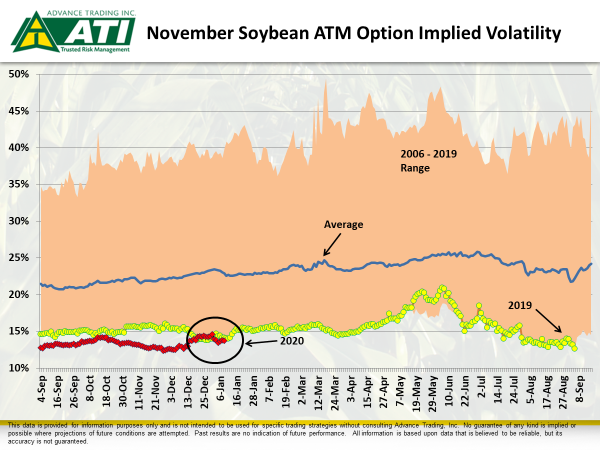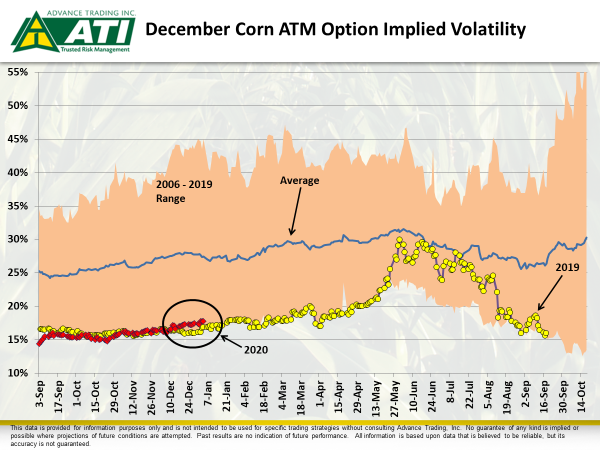
Decision-making is one of the leading ways to separate your operation from competitors. Careful planning and execution of a well-informed, disciplined marketing plan can make you more comfortable with those decisions.
As I study successful businesspeople in any industry, one of the first traits I notice is the ability to make a well-informed timely decision and stick to it. How do those successful businesspeople gain the confidence to make rapid fire decisions and not look back? Most likely you will see a track record of failed decisions to learn many lessons. But it’s also likely the gained confidence in knowing they gathered information, learned details of how tools work, and looked at risk situations before making the call.
Marketing is a leading source of frustration when it comes to decision making.
When I study those who are comfortable implementing a solid marketing plan year in and year out, following are some of the characteristics that surface:
Knowledge of their own production costs
Knowledge of marketing tools
Knowledge of crop insurance
Written and placed price targets
Having a plan for 100% of expected production
Use of tools to back up the marketing plan
Consistency in ownership percentages throughout the year
Put and call options are a great tool for a producer to utilize in their marketing plan. Currently volatility, which can make options feel pricey, is low. Many times, an opportunity is presented, possibly before the crop is planted, to make profitable sales.
Using a well-balanced approach in making sales with some calls, buying puts against bushels you don’t intend to sell prior to knowing actual production, and understanding basis and carry in the market will help guide you through building and implementing your successful marketing plan.
No second guessing
One of those attributes of successful business leaders is not second guessing a decision and following through with that decision to the end. The thought I had going through 2019, which was an emotional roller coaster for Midwest grain production and marketing decisions, was, Trust the Tools. Once sales were made, allow the call option to do its job in protecting from a much higher move in the market. When using a put, allow it to provide a floor instead of trying to guess if the market was moving lower and making a panic sale. Try not to overthink the decision. If the market is telling you to make a sale because your basis level is attractive and the market is not providing you with much incentive to store, follow what the market is telling you and utilize your marketing tools to back up that decision.
Bottom line, if you had offers working to make sales, you obviously gave thought to that number and left the offer for good reason. I have met with frustrated producers over the past few months who wish they would have left the offer working, or worse, had not bought back the sale that was made last June when the market was rallying. If these producers had options in their marketing tool box and trusted them, their sales would have turned out much better.
Armed with an arsenal that includes call and put options, you will learn to trust the tools and be resilient in the face of big market moves in either direction.


Contact ATI at
800-664-2321
About the Author(s)
You May Also Like






